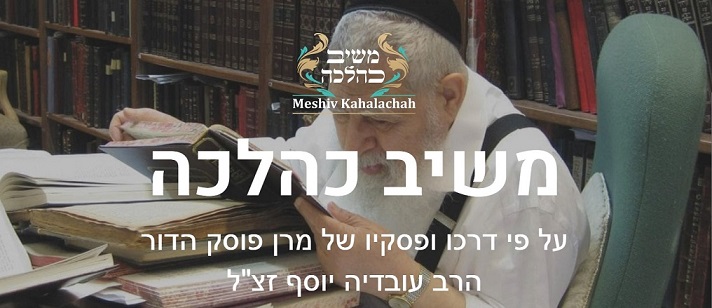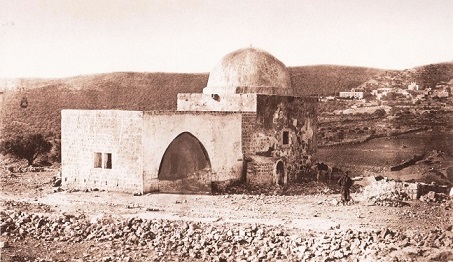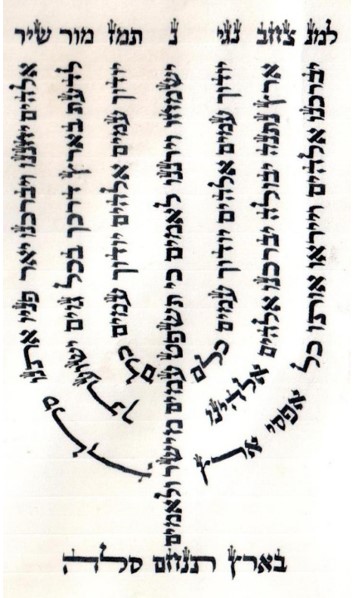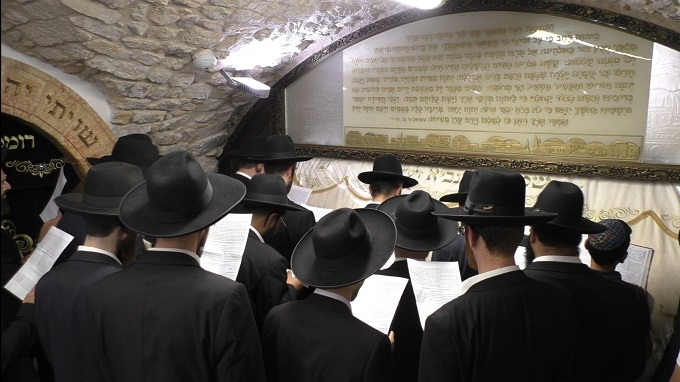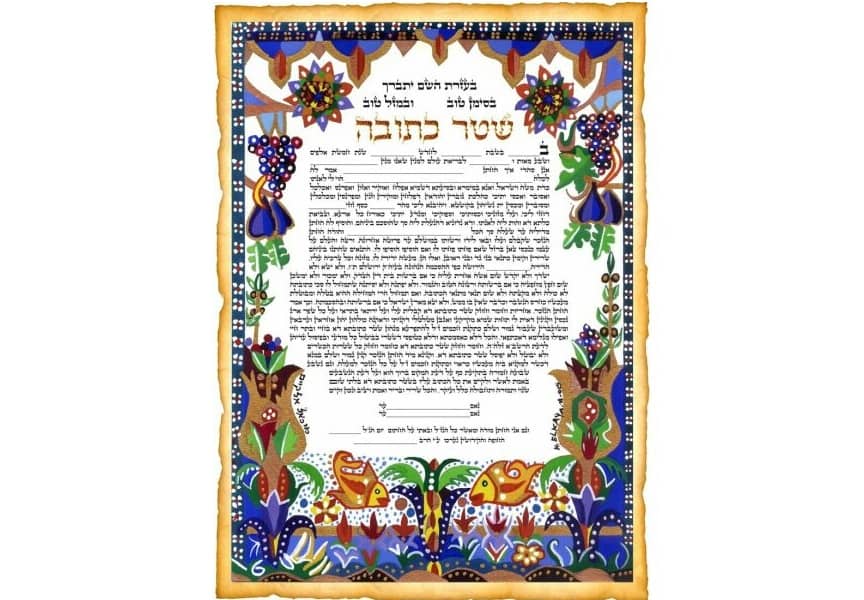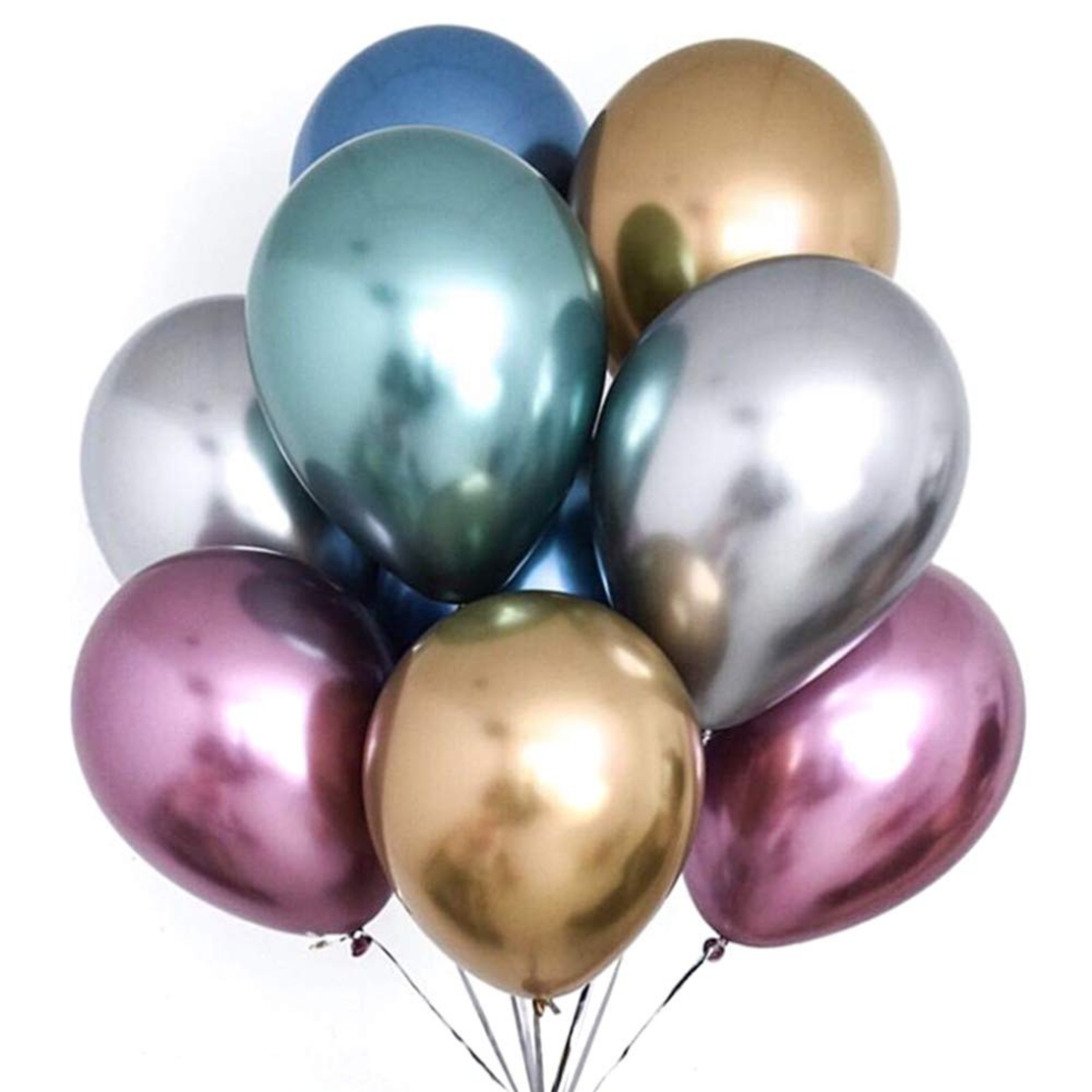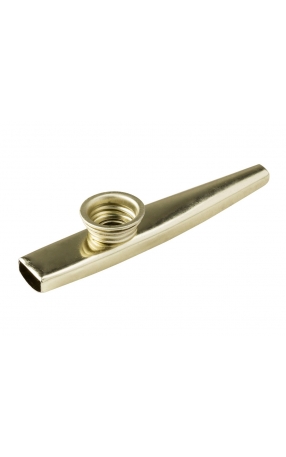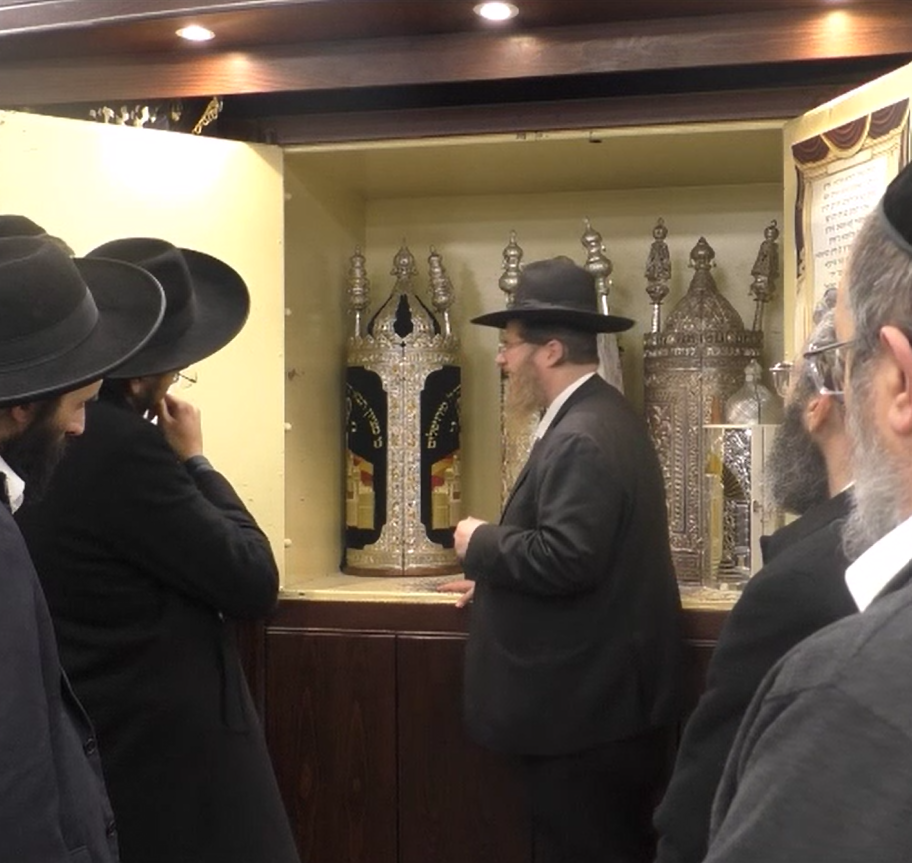Question:
Hello, Rabbi. I heard there is a Segulah to improve memory, which can be done the first time of the year it snows. How do you do this Segulah?
Answer with a combination of sources:
Indeed, our Rabbi the Arizel (in the book Pri Etz Chaim Shaar HaLidom פ”א) wrote that the reason for forgetting the Torah is due to a degree of deficiency in the human soul, and by washing his forehead three times with snow (with the proper intentions – which we will mention later), he corrects his soul in certain ways. In this way he gets a higher rank and in any case also remembers more. But in Arizel it is not mentioned that it should be the first snow that falls. And brings a hint that “snow” in Gematria “forgets” in hebrew. And this Segulah was also brought up in the book Nahar Shalom of Rabeno Harashash, page מ”ז,א (and there he ended and wrote: “And it is Segulah good to remove anger and forgetfulness” ).
And in the book of Binat Issachar, Darush Derech Bina, page ח”י,ב (after him he also wrote the same in the book Viasof David Katzin Parshath VeAthananan, page 18 ד”ן ע”ב) he wrote a nice hint for this in the verse (the Psalms) “עד מהרה ירוץ דברו”(Word will soon spread) – A person may quickly forget the words of the Torah and therefore “the one who gives snow as wool”(“הנותן שלג כצמר” ) – that God gives us snow so that we can do this Segulah.
And in the book Magen Avraham Trevsky (to the Magid of Trisk ) Parshat Vira, he wrote (as far as it can be explained in these matters, which cannot be understood simply) that “snow” is in the Gematria the “initials” and “ends of the letters” of 3 Angels of the sacred that belong to a spiritual world from which the memory is drawn, and by washing one’s forehead in snow, the person receives a little spiritual light from that world and thus cancels (to a certain extent) the “forgetfulness” which is also in the gematria “snow” (“this against each other”). And in the book Sammokim Leolam, page ט”ל,א, he added further to this, that the mention of it is in the number of one thousand TLAG, and this is implied by the word snow that translators of TLGA condemned 10F TLAG, and therefore the Arizal wrote that the snow nullifies Forgotten.
The first snow
However, as mentioned in all the above-mentioned sources, it is not mentioned that one should do this precisely the first time it snows. However, in the Book of “הזכירה”(to Mohar Rabbi Zechariah Simner Zatzuk’l), page ל”ב,ב mentioned a condition like this: “A Segulah for forgetting , the Kabbalists wrote, that he should take from the first snow that falls on the earth, and wash his eyes and forehead, because Gematria’s snow has forgotten.” It seems from his language that it does not depend on the first “day” that snow falls of the year, but on the reality of “the first snow that falls on the earth”, that is, if the snow has already been removed and new snow falls again, it is not at all Segulah. And it should be noted that he added to wash his “eyes” in addition to his “forehead”.
Intentions when washing the snow
And regarding the intentions, although in the words of our Rabbi the Arizel it is mentioned that special intentions are necessary when washing, it seems from the Hachronim words (and in particular the words of the above-mentioned Book of “זכירה”) that there is benefit in washing the forehead with snow three times even for those who do not intend any Therefore, those who do not have a hand in Kabbalah, it is recommended only for a person who does so “according to the opinion of our Rabbi the Arizal”, and will pass the snow on his forehead three times, and this will already be of great benefit.
And for those who know the direction (and they are in purity), I will mention here the intention (from the words of the above-mentioned Arizal with the additions of our Rabbi the above-mentioned Rashash):
In the first washing, they may continue the letter Alf of the name “אהי”ה” by filling it like this: Aleph Hi Yod Hi.
In the second washing,they may continue the letter Alf of the name “אהי”ה” by filling it like this: Aleph Hi Yod Hi.
In the third washing, they may continue the letter Alf of the name “אהי”ה” by filling it like this: Aleph Hi Yod Hi.
And if the three letters of the above-mentioned Alef are together in the Gematria “Snow”, and they are in Binah, you will continue in the במצחא דזעיר אנפין למתק הדינים שבאותו מצחא ויתרחצו בחלב.
And in the above-mentioned Magen Avraham Trevsky, he wrote that he must wash himself, when he washes, that he wants to be connected to the blessed Creator who is one and only, and by such a pure thought remembers little to heart iniquities in regard to “as the snow will wash us” (Isaiah א,יח). And this intention is equal to every soul.
Substitute for “rolling snow”
And here I will not refrain from briefly mentioning another detail in all of this, the Arizal berries that we mentioned at the beginning, explaining that besides washing the forehead with snow, there is also another test that is also useful in removing the forgetfulness of studying, and that is “rolling snow”. But of course this is It is a very difficult correction, and therefore one should mention in this context what Maran the Rih Tov, the owner of “Ben Ish Chai” brought in his book, in his book, the Leshon Chachamin, which he brings as a kind of substitute for the rolling of snow and : “If he happens upon a piece of snow during the day, both natural and man-made, he will move it over his arm and hand and fingers right and left front and back.” .




